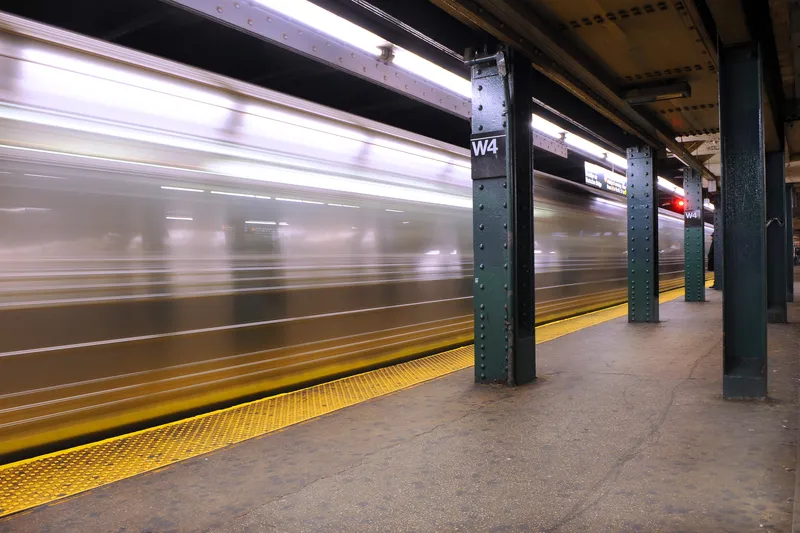Whim’s Unlimited deal also provides an a daily Veho rental car service or an unlimited taxi rides under 5km as well as HSL single tickets. Whim’s monthly package also offering unlimited HSL journeys within the Helsinki borders to the first 3,000 users for €49 (£43). It also includes a month’s worth of HSL regional tickets costs for €99 (£87).
The mobile app combines the reservation and payment services and tickets of HSL public transport, Taksi Helsinki and Lähitaksi taxi services, Veho, Sixt and Hertz car rental which can be paid on a pay-as-you-go or monthly basis.
City bicycles and car sharing vehicles will be included in the deal early next year.
Sampo Hietanen, chief executive officer of MaaS Global, said: It’s time to shift from words to actions and in doing so, we lower the threshold of making the most of Länsimetro. For only ten euros most people living in the greater Helsinki area can make their way to the metro or train station closest to them. Add to this the fact that you can get a car for longer weekend trips for under 50 euros a day, we believe we really can make every-day life easier for people.”
“For the same cost of keeping an average car parked, unused, you now get the most effective way of moving around the city every day without the hassles of vehicle ownership. And if you, on certain occasions, need a bigger car or just want to have a more luxurious experience, you can upgrade by paying an extra fee for the day in question. We believe this kind of a solution appeals to the young, smart generation, to whom mobility and experience is more important than ownership. In addition to that, we are also competing with the decision of getting a second car for the family”, Hietanen added.
Whim offers new unlimited and monthly packages, Helsinki
MaaS Global has launched two new mobility packages in Helsinki that combines public transport, taxi services and car rental, via its mobile app, Whim. The unlimited monthly deal offers free access to all modes of transport for €499 (£440) while the urban monthly package provides an unlimited number HSL single tickets and price-capped 10-euro taxi rides in a 5km radius. Additionally, it offers a fixed €49 (£43) per day Veho car rental option.
December 4, 2017
Read time: 2 mins










